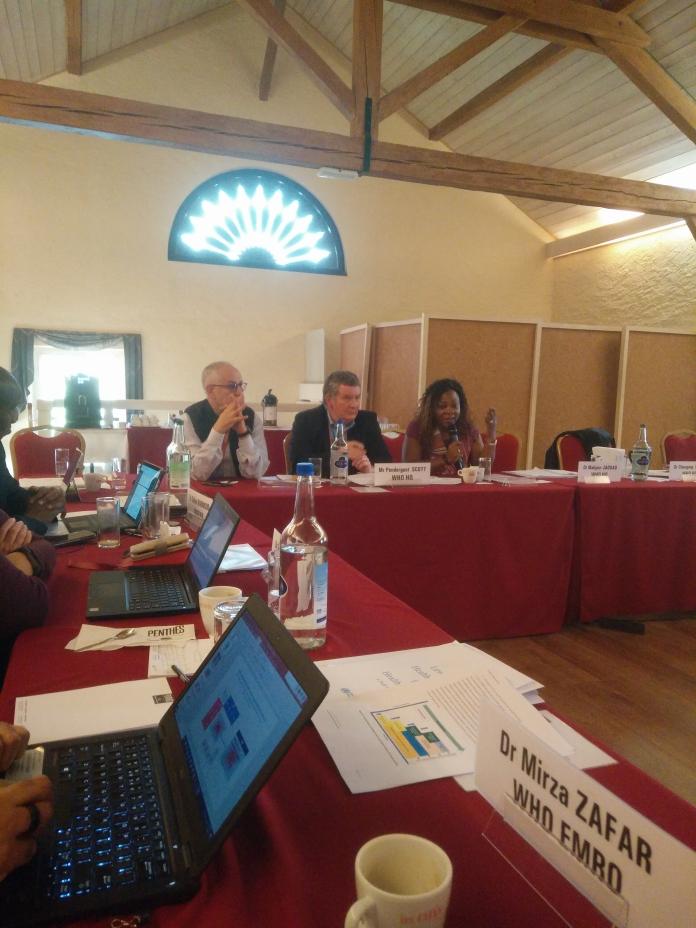Discussing why resilient health systems are the basis for health security
OPM health consultant Odd Hanssen shares reflections and lessons learnt from WHO consultation on health security
-
Date
March 2019
-
Area of expertiseHealth
-
CountryInternational
-
KeywordHealth financing (HF)
Strengthening health systems to more effectively respond to emergencies, and thus reducing individual and collective vulnerabilities to risk, is critical for achieving health security. To focus the debate on health systems considerations within health security planning in countries, especially low- and middle-income ones, WHO organised an expert group consultation on health systems for health security.
The two day event, held in Geneva, Switzerland, between 6 and 7 March, brought together health experts and decision makers to explore the role of health systems within health security and establish a framework which would support changes to the way health security is envisioned.
Odd Hanssen, consultant in our Health team, joined the consultation and moderated one of two working groups, which focused on:
- the essential contributions of the health system and overlooked sectors for countries to reach high capacities across the technical areas of the international health regulations,
- possible revisions to expenditure tracking for health and health security, and
- minimum health system capacities for delivering health security.

Key highlights
- Until now, discussions on health security have not considered health system needs in national plans for health security or tools to measure health security, such as the joint external evaluation tool or the annual reporting tool on the international health regulations.
- For the first time amongst experts in health security and health systems, there was a general consensus that without a health system that is able to deliver an essential set of services, health security cannot exist. Certain prioritisation given to high complexity health security-specific investments, such as high-level labs, can seem out of place when, for instance, there are not enough primary level facilities staffed with workers.
- In order to make this framework a reality, expenditure tracking and planning and costing of national priorities for health security should take into account these aspects. This will entail expanding the scope of national action plans for health security, while also expanding the scope of health expenditure tracking, such as through the creation of a sub-account for health security.
- Dr. Tedros Adhanom Ghebreyesus, Director-General of WHO, has said that health systems and health security are two sides of the same coin. However, health systems are able to carry out essential functions which can lead to improved health security as well as boost progress towards universal health coverage. As such, stronger health systems should be considered as a necessary component of obtaining health security.

